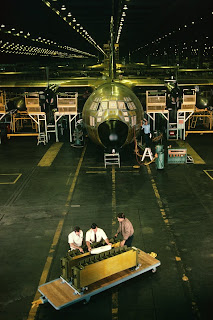
Specialist recruiters in the UK
Aerospace industry are concerned about the exposure of the industry to
young engineers. With the term engineer being “diluted” to include all levels of expertise, from the man who services your washing machine to the man who, working along side scientists provides the practical knowhow to pioneers
rocket propulsion; Industry specialists fear that they are loosing out on potential young recruits in the aerospace industry because there is not enough exposure to the career prospects.
Ian Bryson, managing consultant with West Midlands-based Jonathan Lee Recruitment commented that it was difficult to find qualified and exceptional people for the industry because they don’t often come in contact with the product: “How does someone such as an aircraft or
parts manufacturer demonstrate their product to people who don’t come in contact with it, who maybe jump on an aircraft once a year to go on holiday?”
And the question is a valid one, engineers working in the
aerospace industry find that the career is challenging, fulfilling, varied and innovative. But if people are not exposed to it, then they are unlikely to choose to pursue a career in it. What can companies do to entice people to the industry? Ian Bryson believes that greater respect should be given to
engineers and that we should start to differentiate between a true
engineer and those who, in other countries like France and Germany, would be given the title of
Technician.
Would it therefore be beneficial both to the industry and the individual to instate a formal title for
engineers, to give them the prestige they deserve? Bryson, and other specialist in the industry, believe it wouldn’t do any harm.



 Specialist recruiters in the UK
Specialist recruiters in the UK 